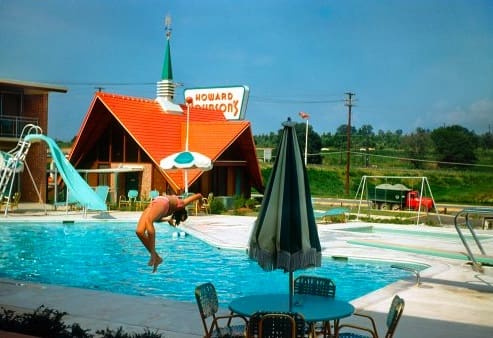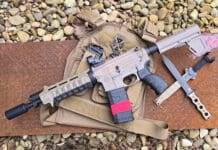
When I think of home in 1967, I remember everything in the muted colors of my mother’s faded Polaroid snapshots. I can still smell burned thermite from the flashbulbs on her Land Camera and hear her tearing the image away from the film back. I was only home ten days after I graduated from college before shipping out. I think she feared that she would never see me, her only child, ever again. She cried and hugged me, told me to take care of myself and then took another Polaroid.
My memories of Africa are vivid as Kodachrome. Infinite shades of green wave in my mind like springtime grass on the savanna. Rust red soil that stained my white canvas shoes until the day that I had to kick them off to swim for my life. A lion’s buckskin tan mane made up of individual hairs colored yellow, orange, and dark brown—that you can only see when you are holding its head in your lap. The pure blue sky blurring into a quavering mirage at the horizon on a turquoise ocean. A continent where the only white is the distant snowcap at the top of Kilimanjaro . . .
My father encouraged me to take an extended vacation after I finished school, to take a year and hitchhike across Europe. He said Nixon was sure to be elected president. The former Vice President was promising to end the war in that “hellhole.” Although father never put the words “draft” and “dodge” together, the Selective Service surely couldn’t conscript me if I didn’t have a permanent address; if my parents never knew from one day to the next how to contact me. He was a World War II vet and a patriot to the core, but he didn’t want his son being killed or maimed fighting in the waning days of a conflict the country had abandoned.
I had no particular desire to lug a rifle through every mud puddle in Indochina. So I went to Europe, but with a duffle bag rather than a backpack. A classified ad in the back of the December 1966 issue of The National Geographic Magazine, read “Circumnavigate Africa. Able bodied crew needed aboard the restored schooner, Neko II. Experience not required. 14 month commitment.”
I don’t know what appealed to me about sailing as opposed to hostel hopping through the Old Country. I suppose I wanted to work rather than be a hippie freeloader like so many of my classmates. If that meant swabbing decks, or whatever you did on a sailboat, then so be it. Whatever the attraction, I mailed my application to the New York address provided in the ad.
Nine weeks later I received a terse typewritten letter advising me that I had been accepted and ordering me to report to Lisbon, Portugal no later than 1 May.
“How are you going to meet any girls on a sailboat,” my father asked, looking at me over the evening paper in his favorite reading chair.
“I swear I’ll marry the first nice American waitress I meet when I get back to the States,” I said. He went back to his news.
The war in Vietnam dragged on for another eight years. The draft board eventually got me. But my tour in Vietnam was a cakewalk compared to the year I spent circumnavigating Africa.
[Read Chapter Two here.]




Point of journalistic order: if the student in question didn’t see the weapon how do we know there was a weapon there to be seen? While you can’t blame the organizers and campus cops for canceling the zombie fest.
Comments are closed.